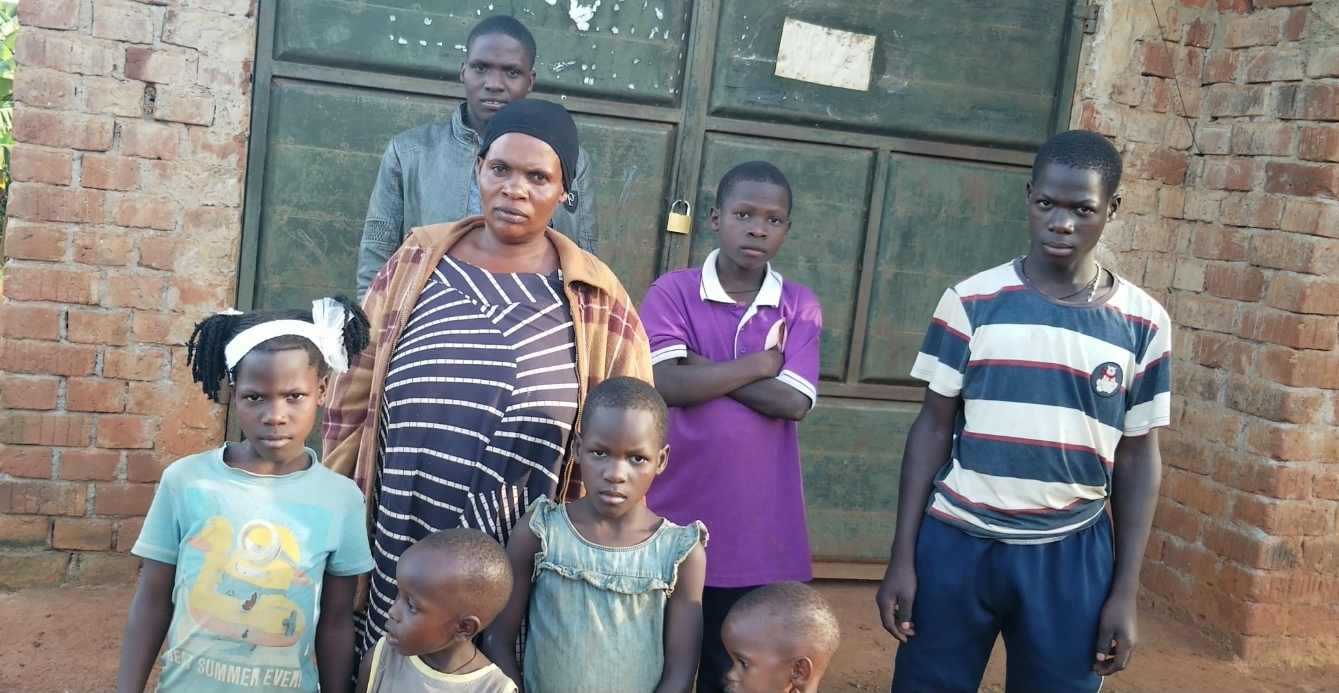Uganda Takes Strides to Enhance Maternal Health Amid Challenges
In Uganda, maternal health remains a critical concern, with the country grappling with high maternal mortality rates and persistent challenges in ensuring access to quality healthcare for expectant mothers. While progress has been made in recent years, significant gaps persist, underscoring the urgent need for concerted efforts to improve maternal health outcomes and safeguard the well-being of women and their newborns.
Maternal Mortality Rates and Challenges:
Keep Reading
Despite efforts to reduce maternal mortality, Uganda continues to face one of the highest rates in sub-Saharan Africa. According to the World Health Organization (WHO), approximately 336 maternal deaths occur per 100,000 live births in Uganda, highlighting the formidable challenges that women face in accessing timely and appropriate maternal healthcare services. Factors contributing to this grim reality include limited access to skilled birth attendants, inadequate healthcare infrastructure, cultural barriers, and socio-economic disparities.
Access to Maternal Healthcare Services:
Access to maternal healthcare services remains a major concern, particularly in rural and remote areas where healthcare facilities are scarce and transportation is often unreliable. Many expectant mothers must travel long distances to reach the nearest health facility, increasing the risk of delays in receiving essential prenatal, delivery, and postnatal care. Additionally, affordability and out-of-pocket expenses pose significant barriers to accessing maternal health services, particularly for marginalized and vulnerable populations.
Quality of Maternal Healthcare:
Ensuring the quality of maternal healthcare services is paramount to reducing maternal mortality and improving maternal health outcomes. While Uganda has made strides in expanding access to healthcare facilities and skilled birth attendants, challenges persist in terms of service delivery, infrastructure, staffing, and availability of essential medical supplies and equipment. Additionally, cultural norms, misconceptions, and traditional practices may deter women from seeking skilled care during pregnancy and childbirth, further exacerbating the risk of maternal complications and mortality.
Government Efforts and Policy Initiatives:
The Ugandan government has recognized the importance of maternal health and has implemented various initiatives to address the challenges faced by expectant mothers. The Ministry of Health has launched programs to improve access to maternal healthcare services, strengthen health systems, train healthcare workers, and raise awareness about maternal health issues. Additionally, the government has prioritized investments in maternal and child health through its National Health Sector Strategic Plan and other policy frameworks aimed at reducing maternal mortality and morbidity.
Partnerships and Collaboration:
Efforts to improve maternal health in Uganda are bolstered by partnerships and collaboration between government agencies, non-governmental organizations (NGOs), international development partners, and civil society organizations. These partnerships play a crucial role in mobilizing resources, building capacity, implementing interventions, and advocating for policy reforms to address the root causes of maternal mortality and improve maternal health outcomes.
Community Engagement and Empowerment:
Community engagement and empowerment are essential components of efforts to improve maternal health in Uganda. By involving communities in decision-making processes, raising awareness about maternal health issues, and promoting behavior change, grassroots initiatives empower women to make informed choices about their reproductive health and seek timely care during pregnancy and childbirth. Additionally, initiatives that address social determinants of health, such as education, poverty alleviation, and gender equality, play a vital role in improving maternal health outcomes and reducing disparities.
Looking Ahead:
While significant challenges remain, Uganda's commitment to improving maternal health and reducing maternal mortality is unwavering. By prioritizing investments in healthcare infrastructure, human resources, and health systems strengthening, and by promoting gender equality, women's empowerment, and community engagement, Uganda can make significant strides towards achieving its goal of ensuring safe and healthy pregnancies and childbirth for all women, regardless of their socio-economic status or geographic location.














